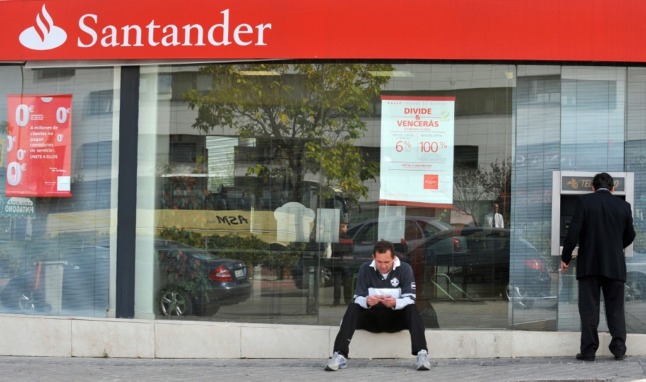After a few nights scouring facebook and drinking vino alone, you decide you need to get your arse in gear. Here, Sally Smith, who lives in Madrid (and has loads of friends), shares her top tips of how to make friends after moving to Spain.
Hit the Intercambios
The easiest way to make some new mates is to hit a local ‘intercambio’ or language exchange. There are dozens on offer in every town/ city as bars quickly realised how much foreigners drink. If you are of the female variety, watch out! Although there are genuine guys there, you are guaranteed to come across a few creepers who will be 50+ alcoholics (normally British or American) who hope you are too naïve to know what utter losers they are.
Join a Club
With fantastic websites like meetup.com making it easier than ever to find like-minded folks who share your passion, it couldn’t be any simpler to hang out and do what you love at the same time. Meetups can be hit and miss, I often found myself sipping a caña (small beer) with only one other defeated, miserable looking stranger who had decided to turn up. Keep at it and don’t give up hope.
You Need Old Timers and Fresh Meat
If you are planning to stay longer than four seasons, beware of a common mistake which can leave you friendless annually. Try not only to befriend one-year wonders, who come to party and depart Spain the following year, but also others who are in it for the long haul. This gives you the perfect balance of hanging out with social butterflies with new energy and excitement for the country and more stable, resentful and bitter old timers who complain about Spaniards, rising prices, the heat, and so on. Oh how I love them!
Say Yes!
Anyone who has seen the Jim Carrey film ‘Yes Man’ knows the power of being open to everything new (apart from when he shags the granny). You may meet some people who are about as entertaining as using lice shampoo, but who ask you to have a few drinks with them. Say yes! You never know who else is going to show up and this could lead to you finding some besties. Then you can swiftly run away from the fun sponges like a fart in the wind.
Housemates: from heaven or hell
To live alone, or to not live alone? Tis a risky business moving in with random folks straight off the bat, but it could prove to be the best decision you ever made. Many of us have made some of our best buds by living in shared apartments/ houses. The secret to success is to screen your potential new housemates well. On the one hand, you could end up sipping wine and smugly laughing at each other’s jokes on a Saturday night while cooking a beautiful dinner, on the other hand, you may have to padlock your door to ward off Pablo who lives in the bedroom next to you, which he only leaves to pick up his Dia shopping delivery or stalk you.
Watch out for the Psychopaths
The major disadvantage to making friends abroad is that you have zero point of historical reference. Even after a good Facebook stalk or Google search, you could be none the wiser to the fact that your new buddy used to kill small animals as a child. Combat this by taking your time before you get too close to people. Desperation to not be alone on Saturday night can often rush new connections. Slow it down.
Decide if you want to be Spanish or a Guiri
If your language ability only allows you to reply with a smug ‘un poco’ when someone asks you if you speak Spanish, you will probably be tempted to surround yourself with only native English speakers. This is perfectly fine if you want to just repeat your home life in a better climate. Just be careful you don’t wake up one day, a decade after moving here, and sound like a complete moron with your atrocious Spanish. Typical signs that this has happened might be; struggling to order anything beyond a sandwich or burger, nodding and smiling like a nutter when someone speaks Spanish to you (as you pray that they think you understand them) or, worst of all, being so uninteresting that you can only frequent the fake Irish pubs that have popped up around the country. Get in with the natives while you still have the chance!
Befriending the Spanish
If you opt for going native and immersing yourself in the country, language and people, it is important to remember a few things. Spanish people tend to congregate in big groups which can feel like more of a clique than in ‘Mean Girls’. Many of whom will have known each other since they were pooping in nappies and be reluctant to include newbies. My advice is to look for foreigner friendly places and groups who have travelled further in their lives than to their ‘abuela’s’ village and might already have some expats in their social network.
Realise you Need a Family
However you decide to create your friendship circle, remember that you are far away from your family, so you must build a strong network abroad. Who else is going to help you move apartments (with no car), listen to you moan about how poor you are and forgive you when you drink too much Sangria and barf on the street?
Sally Smith is a British woman in her 30s who has been living in Madrid since 2010. After finishing her degree in Psychology she moved to Spain to teach and sing in a band while undertaking an unofficial psychological study of the Spanish. Read more of her work HERE





 Please whitelist us to continue reading.
Please whitelist us to continue reading.
Member comments